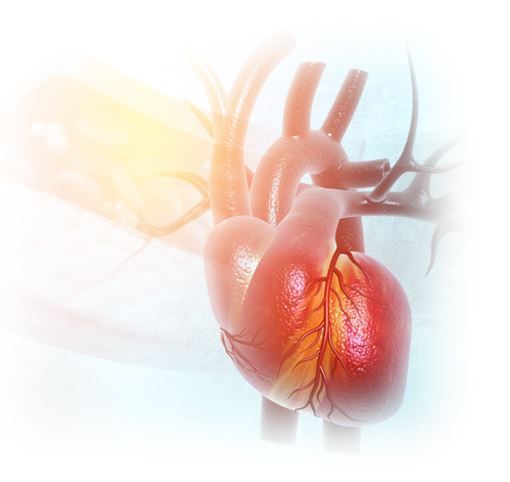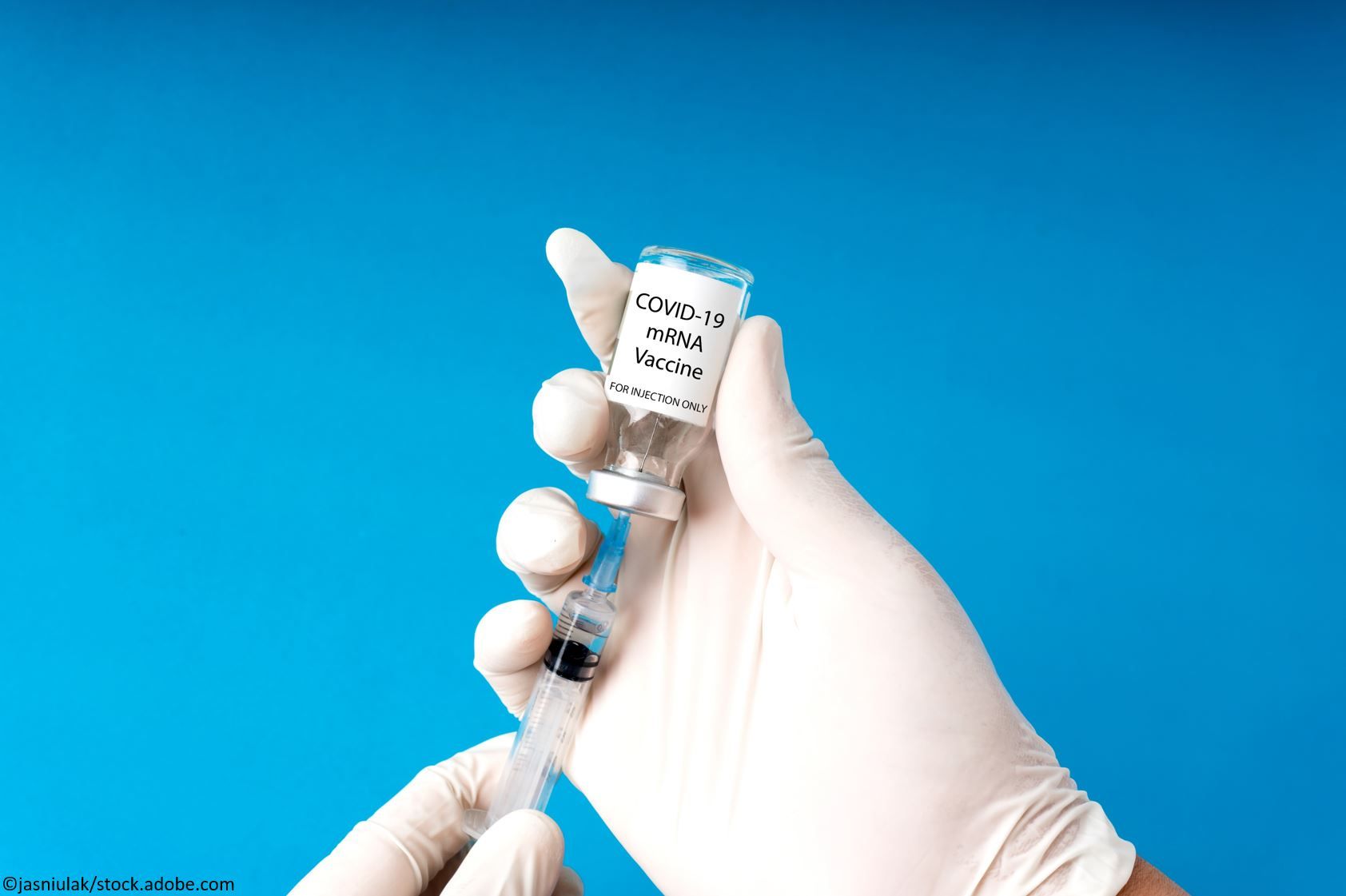- Clinical Technology
- Adult Immunization
- Hepatology
- Pediatric Immunization
- Screening
- Psychiatry
- Allergy
- Women's Health
- Cardiology
- Pediatrics
- Dermatology
- Endocrinology
- Pain Management
- Gastroenterology
- Infectious Disease
- Obesity Medicine
- Rheumatology
- Nephrology
- Neurology
- Pulmonology
Wegovy Keeps Winning; Bye-bye Baby Blues; SPRITE After Menopause; +2: The Five for Friday
Antiobesity drug reduces CVD risk; postpartum depression Rx approved; sugary drinks up adverse hepatic events in older women; cuff size does matter, more.
Our editors summarize the 5 most newsworthy topics reported on Patient Care®this week.

Wegovy keeps winning. On Aug 8, results of the first cardiovascular outcomes trial of an antiobesity medication showed that semaglutide 2.4 mg (Wegovy) reduced the risk of major adverse cardiovascular events (MACE) by 20% in adults with overweight or obesity and established cardiovascular disease (CVD). The outcome surpassed expectations of analysts and experts and the hope is that payors may take a more favorable view of coverage for the drug. More details, here.

Bye-bye baby blues. Zuranolone, on Aug 7, became the first oral, once-daily treatment approved by the US FDA for the treatment of postpartum depression (PPD). The pill, taken for a course of 14 days, may help millions of women at risk for PPD after giving birth. The condition can present life-threatening risk to both mother and child. Before this approval, treatment for PPD was only available through IV infusion given by health care providers over 2 days in REMS-certified facilities. More details, here.

"Miscuffed." Results of the Cuff(SZ) study showed that that use of the wrong size blood pressure cuff when using an automated BP device yielded clinically and statistically significant lower (cuff too large) and higher (cuff too small) BP readings, outcome that could result in misguided medical treatment. Authors are particulary concerned given that many settings routinely use a single standard size adult cuff for all individuals, regardless of arm size. Also, standard home-use BP devices come with a standard size cuff. More details, here.

COVID vaxx mutes flames. The long-term inflammation- reducing effect of COVID-19 vaccination is proposed as the reason fully vaccinated persons who become infected with SARS-CoV-2 seem to have better outcomes than those who are unvaccinated and get the virus. A recent study found that 3 months after infection resolved, vaccinated patients had much lower serum levels of inflammatory markers than unvaccinated and even partially vaccinated groups. More fodder for public health messaging about vaccines! More details here.

SPRITE after menopause. Women between the ages of 50 and 79 years and beyond menopause who consumed ≥1 daily servings of sugar sweetened beverage had a nearly 2-fold greater risk of liver cancer and a slightly smaller but still significant risk of death from chronic liver disease. The study didn't explore the biologic pathways that might connect the drinks with adverse liver outcomes but authors offered a wide range of possibilities. More details, here.
Related Content
